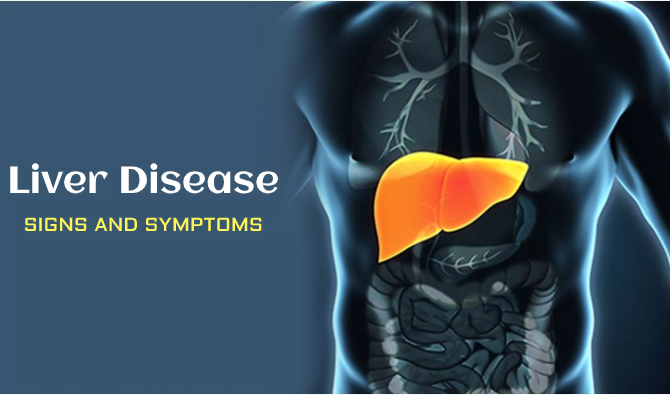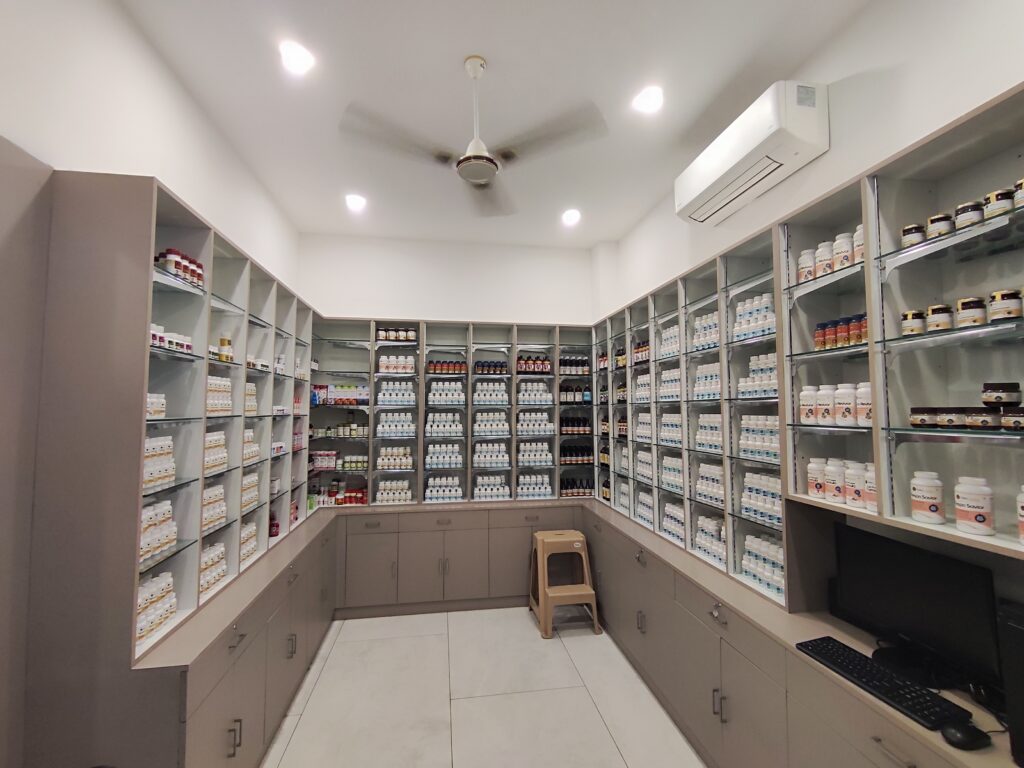Diabetes Disease – A silent killer
Diabetes is a disease, whereby Agni function is diminished and is predominantly a Kapha disorder but is also influenced by Vata and Pitta in the human body. This results in build-up of sugar levels in the blood and low metabolic rate in the body. Diabetes Mellitus is denoted as Madhumeha in Sanskrit, where ‘Madhu’ means ‘sweet’ and ‘Meha’ means to ‘flow or urination’.
According to Ayurveda, Diabetes Mellitus falls under the category of ‘Vataja Prameha’ and Diabetes Insipidus falls under the category of ‘Kaphaja Prameha’. As per WHO IN 2030, Diabetes (Parmeha) is the 7th leading cause of death. As per the study conducted by Indian Council of Medical Research (ICMR), 62.4 million people of India are currently suffering from diabetes. With modern medical science in the game, we will only have to accept prolonged remission as the outcome of the treatment but not the complete cure, as it has got its own limitation. So, in present era, there is a need of Ayurvedic treatment that can cure diseases from the roots.
Types of Prameha (Diabetes disease)
There are three types of classification of Prameha (Diabetes) in Ayurveda
- Etiological
- Clinico-pathological
- Therapeutic, based on body constitution
Etiological classification:
As mentioned by Acharya Shusruta , The father of Surgery :
Prameha is of 2 types:
Sahaja Prameha (IDDM i.e Insulin-Dependent Diabetes Mellitus/Growth Onset/Juvenile):
Sahaja Prameha Symptoms:
- Early onset
- Family history
- Asthenic constitution
- Very prone to complications
Apathya- Nimittaja Prameha (NIDDM – Non-Insulin Dependent Diabetes Mellitus):
Apathya Symptoms:
- Sedentary habits
- Obesity
- Over – nutrition
It is manageable with herbo-mineral treatments i.e Apatarpana Chikitsa and diet control.
Clinico-Pathological classification:
Kaphaja Prameha – 10 types (Early Diabetes):
Kaphaja Prameha Symptoms:
- Polyuria/Glycosuria
- Overweight with Mild Hyperglycemia
Pittaja Prameha – 6 types (Acute Diabetes)
Kaphaja Prameha Symptoms:
- Urinary Tract Infection
- Loss of weight
- Hyperglycemia and Glycosuria
Vataja Prameha – 4 types (Chronic Diabetes)
Vataja Prameha Symptoms:
- Cachexia
- Retinopathy
- Severe Hyperglycemia with Glycosuria
- Nephropathy, Neuropathy
- Cardio-Respiratory Complication
- Gangrene
Therapeutic classification, based on body constitution:
- Sthool Pramehi (Obese- NIDDM): Can be manageable with healthy diet control, yoga and exercises.
- Krisha Pramehi (Asthenic- IDDM): Not manageable with diet control alone but also requires nutritive treatment i.e Brihana Chikitsa i.e the treatment that increases the size and strength of the body.
Causes of Prameha (Diabetes):
Modern point of view:
Different types of diabetes have different causes:
- Type-1 Diabetes:
In this, the immune system of person attacks the beta cell that produces insulin in the pancreas. Genes is also one of the causes of Type-1 diabetes.
- Type-2 Diabetes:
Type-2 diabetes occurs due to combination of lifestyle factors and genetics. Over-weight also increase the risk of Type-2 Diabetes.
- Gestational Diabetes: During pregnancy, Gestational diabetes may occur in some females due to hormonal changes. Due to the hormone produce by the placenta, pregnant women’s cells become less sensitive to insulin. Women who gain too much weight during pregnancy are more likely to get hypertension and gestational diabetes.
Ayurvedic point of view:
Below are some practices that increase Kapha and thereby, increase the risk of diabetes:
- Dadhini – Excessive use of curd
- Gramyodakanuprasah Payansi – Excessive use of meat juice of aquatic, domestic and wet land animals
- Navannapanam – Excessive intake of new grains and drinks
- Gudvaikratam – Excessive use of any product made from jaggary
- Excess intake of heavy unctuous food and food having saline and sour taste.
Psychological Causes:
- Over thinking and anxiety
- Excessive stress and strain
- Avoidance of mental exercises
Physical cause:
- Asyasukham – Addiction to the pleasure of Lounging
- Swapnasukham – Addiction of the pleasure of sleeping
- Avoidance of Shodhana Chikitsa or purification measure of ‘Sharira’ (the body) that helps to detoxify and purify the whole body with the help of herbs, massage using medicated oils, and with exclusive diet program.
This treatment is done when our body accumulates excessive toxins due to hectic routine, food habits and unhealthy habits and is unable to excrete these toxic substances naturally.
Diabetes Signs & Symptoms
Modern point of view
- Excessive hunger
- Unusually thirsty
- Urge to urinate a lot, specifically at night
- Fatigue
- Frequent yeast infection
- Dark skin of armpit, neck, and groin region
- Impotency
- Dry skin
- Itchy skin
- Delayed healing of sores and cuts in body
- Difficulty in weight loss
- Blurry vision
- Confusion
- Tingling sensation in feet and hands.
Ayurvedic point of view
Premonitory symptoms (Purva-Roop):
- Swedo – Angagand (Excessive sweating with foetid odour)
- Shithil-Angata (Flabbiness of body)
- Shayya Asan Swapna Sukh (Sedentary lifestyle)
- Hri, Netra, Jivha Shravan Opadeho (Excessive mucosal discharge)
- Ghanangata (Obesity and flabbiness)
- Kesha-Nakh Ativridhi (Rapid growth of nails and hairs)
- Sheetapriya (Cold thing lover)
- Gal-talu Shosho (Excessive thirst)
- Madhur Aasye (Sweetness of mouth)
- Kar-paad Daha (Burning sensation in hands and feet)
- Mutre Abhidhavanti Pipilika (Swarming of ants on the urine)
Symptoms (Roop):
- Avila-Mutra (Appearance of abnormalities in Urine)
- Abhut-Mutra (Polyuria)
- Vibandha (Constipation)
- Shwet-Ghan Mutra (White and Turbid urination)
- Mukha-Madhurya (Sweet taste in the Mouth)
- Sharir-Guruta (Heaviness in the body)
- Sharir-Jadta (Stiffness in body)
- Kashyaya, Madhura, Ruksha Mutra (Astringent and Sweet urination)
- Akasmat Mutra Nigaman (Bed wetting in children)
A specific complication of Prameha (Diabetes)
| Vataja Prameha | Pittaja Prameha | Kaphaja Prameha |
| Kamp (Trembling) | Hridyashool (Angina) | Aalasya (Lazziness) |
| Stambh (Stiffness) | Murcha (Syncope) | Shaithilya (Lassitude) |
| Anidra (Insomnia) | Pandu (Anaemia) | Chardi (Vomiting) |
| Hridgreh (Cardiac arrest) | Anidra (Insomnia) | Aruchi (Indigestion) |
| Badhpurish (Constipation) | Basti-medratod (Pain in bladder and penis) | Kapha Parseka (Excessive salivation) |
| Sosha (Muscle wasting) | Vrishountod (Tearing pain in scrotum) | |
| Swash, kasa (Dyspnea and cough) |
Ayurvedic treatment of Diabetes:
Prameha (Diabetes) treatment consists of a triangular approach
Aharaj Chikitsa (Diet Therapy): First line of treatment for every disorder is “Nidana Parivarjana” i.e removal of the causative factor. So, it is advised to the diabetic patient to not have foods that increase body weight.
Diabetes is a lifestyle disorder and due to faulty Agni, bio-purificatory measures along with diet should be recommended. Yava (barley) has been recommended by Acharya Charaka as principle diet to any diabetic patient. Chapattu made by barley is suggested in case of diabetic patient.
Viharaj Chikitsa (Exercise and Yoga): Diabetic patients are recommended to exercise regularly.
Aushadh (Herbo-mineral treatment): Kapha is the main causative Dosha of Parmeha so, treatment drugs that have Tikta (bitter), Katu (pungent) and Kasaya (astringent) Rasa are recommended.
Herbs for Diabetes:
Herbs that are very effective for the management of ‘Prameha’ (Diabetes) are Ashwgandha (Withania somnifera), Haritaki (Terminalia chebula), Shigru (Moringa oleifera), Haridra (Curcuma longa), Tulsi (Occimum sanctum) Palash (Butea monosperma), Gokshura (Tribulus terrestris), Guduchi (Tinospora cordifolia), Brahmi (Bacopa monnieri), Amalaki (Phyllanthes emblica), Bala (Sida cordifolia),
Shatavari (Asparagus racemosus), Bhumi amalaki (Phyllanthus niruri), Parijata (Nyctanthes arbortristis),
Bilva (Aegle marmelos), Agnimanth (Premna mucronata), Neem (Azdirachta indica) etc.
Yukti Herbs provide you above herbs and a few very potent formulations prepared using these herbs and few more effective ingredients, like Diaba Help, Diaba Josh and Yukti Eye Wash (a unique herbal combination that diabetic patients will find helpful for their eyes), which helps to support the special requirements of Parmeha patients and manage their blood glucose levels effectively.
These formulations are specially made with combination of herbs that not only provide a complete support for Diabetes but also helps to cure associated symptoms and diseases.
Pathya and Apathaya (Do’s and Dont’s)
Pathya : What to add in diet if you are suffering from diabetes
Add barley, millet, wild millet, bengal gram, green gram, patola, drumstick, leafy green vegetables like fenugreek, vegetables with bitter taste like bitter gourd, Indian gooseberry, blackberry in adequate quantity.
Add wheat, horse gram, pigeon pea, bottle gourd, cauliflower, cabbage, mustard oil, flax seed, goat meat, sweet lime, unripe papaya, apple, skimmed milk, tea without sugar, black tea, green tea in lesser quantity.
Apathya : What to avoid in Diabetes
- Sweet and sweetened products, which are considered under refined carbs like honey, sugar, cake, jaggery etc. should be eliminated from diet.
- Avoid tubers and roots such as sweet potato, potato, yam, tapioca, sweet pumpkin, and beetroot.
- Dry fruits like dates, figs, prunes, cashews, raisins etc.
- Red meat, beef, organ meat, pork etc.
- Diet with excessive salt in diet. Limit your salt to 2500mg/day (2.5grams).
- Caffeinated and aerated drinks like Pepsi, Cola etc.
When to see a doctor
- Delayed healing of any cut or wound
- Heart problems
- Tingling sensation in feet and hands
- Flu like symptoms, this happen when ketones form in your blood stream and such kind of condition in patient is known as DKA i.e Diabetic ketoacidosis.
- Bed wetting
- Feeling thirsty again and again
- Excessive hunger even if you are eating
- Frequent urination with large volume
- Darkening of skin
Conclusion:
Our lifestyle, psychological factors, and dietary habits play an important role in the etiology of Prameha (Diabetes), particularly in relation to disturbances in the metabolism of carbohydrates and fats.
Unique knowledge of ancient Ayurveda regarding Prameha helps us in better understanding and treatment of diabetes. Smart herbal solutions and special dietary and lifestyle changes prepared and guided by Yukti Herbs support a lot to diabetic patients for the management of their condition and stop the progress of disease as well to a great extent.











